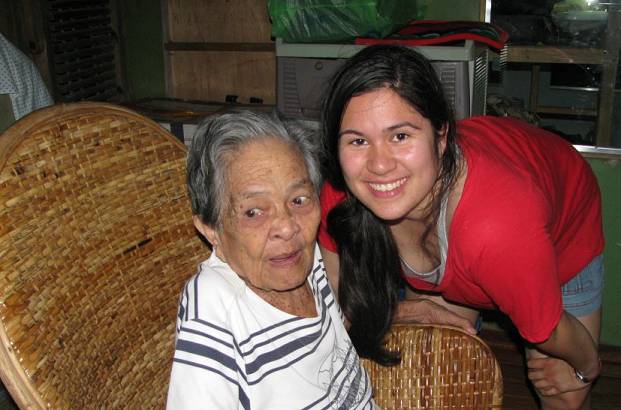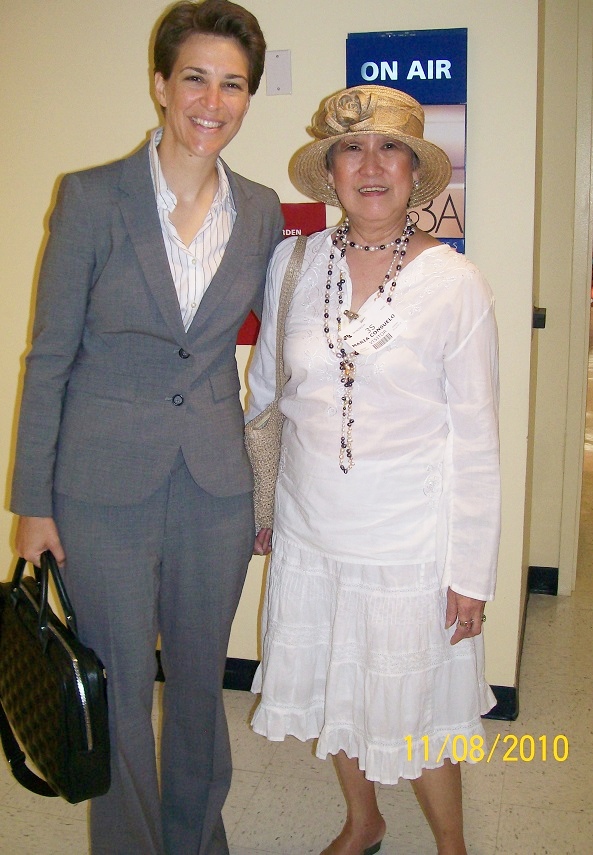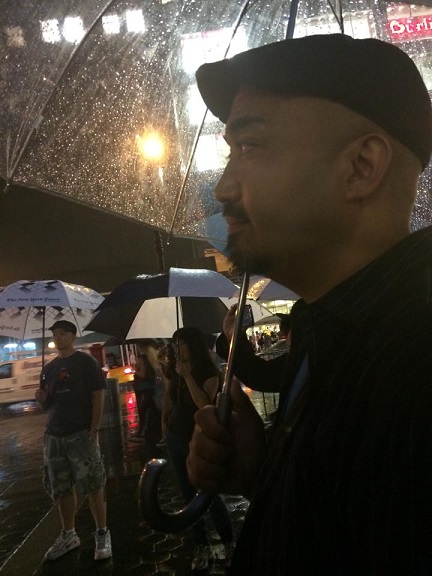Schumer warns cuts in U.S. foreign aid to the PHL is ‘shortsighted mistake’
U.S. Senator Charles Schumer said on March 7 the Trump administration’s sudden freezing, and now terminating, of nearly all U.S. foreign aid, including for the Philippines, is “a shortsighted mistake that hurts Filipinos, the United States -Philippines relationship, and American interests in the region.”
In a press statement, he urged the Trump administration to “unfreeze and reinstate” USAID programs and foreign assistance for the Philippines, which supports health initiatives, disaster preparedness, food security and more—ASAP.
Just last year, the United States Agency for International Development (USAID), the government agency responsible for administering foreign aid and development assistance, disbursed $180 million in aid to the Philippines for economic development, health initiatives, education and social services, human rights and democratic governance, and humanitarian assistance.
Now, nearly all foreign aid for the Philippines is frozen or has been terminated after the Trump administration abruptly shut down USAID and all of its programs.
“The US-Philippines relationship is critically important, and the Filipino community in the U.S. – and especially in New York – is a valued and vibrant community. The United States, via USAID, has supported the people of the Philippines for many years, providing vital assistance and strengthening the country’s food security, health programs, and disaster resilience,” he said. “Despite the lifesaving work of USAID, the Trump administration has taken drastic and damaging steps to shutter the agency and halted the organization’s critical humanitarian, economic, health, and education efforts. This is a mistake. I urge the administration to reverse course immediately and release foreign aid for the Philippines ASAP.”
He said USAID disbursed $180 million in assistance to the Philippines in 2024, including:
· $52.71 million for Economic Development
· $42.79 million in Health Funding
· $25.02 million for Education/Social Services
· $22.82 million for Democracy, Human Rights, and Governance
· $8.089 million for Humanitarian Assistance
He explained that USAID and its partners have distributed hundreds of millions in U.S. foreign aid to communities in the Philippines. For example, partner organizations have received funding to implement health programs to treat deadly and infectious diseases, for disaster relief and prevention, and youth education and development. One implementer of USAID assistance has received funding to implement health programs in the Philippines focused on tuberculosis (TB), HIV, nutrition, neglected tropical diseases, emerging infectious diseases and noncommunicable diseases, targeting key populations and vulnerable groups, including those living in geographically isolated and disadvantaged areas or conflict zones.
Additionally, USAID contributed over $20 million towards tuberculosis (TB) detection, prevention, and treatment in the Philippines in 2024. The Philippines has a high tuberculosis rate, and is the fourth largest contributor to the number of TB cases worldwide. Without this critical health funding, the barriers to tuberculosis care in the Philippines will be even greater, and the likelihood of this highly contagious and deadly disease spreading will increase.
Schumer further warned that, “The vacuum left by the United States drawing back on delivering much-needed and productive foreign aid to nations like the Philippines would be quickly filled by adversaries like China and Russia, something that only weakens America’s relationships and power in the world.”
Since the administration’s attack on USAID, aid supporting the education of young children in the Philippines has been frozen, and projects have been terminated. USAID-supported programs like Improving Learning Outcomes for Asia (ILOA) work to increase access to quality education that is safe and relevant for children in the Philippines. Another project supported by USAID, the Advancing Basic Education in the Philippines (ABC+) project, was a 5-year effort to improve early grade learning, focusing on literacy, math, and other life skills.
The Trump administration has also terminated a key disaster risk reduction program in the Philippines that aims to help vulnerable households in at-risk communities better manage, recover, and adapt to the threat of various natural disasters like typhoons, earthquakes, volcanic eruptions, floods, and storm surges. Schumer explained that these types of disasters frequently affect the country due to its geographical location, making it highly vulnerable to multiple hazards simultaneously, and the termination of USAID funds impedes disaster preparedness and recovery.
“Slashing USAID funding to the Philippines is a detrimental move that harms families and individuals who rely on critical services for healthcare, disaster preparedness, and economic development. The funding has been a lifeline for so many vulnerable Filipino families, especially in treating contagious diseases, providing workforce training, and removing this aid would absolutely hurt communities across the region. I strongly condemn the cuts in aid to the Philippines, and I urge the administration to maintain USAID funding so we do not hurt our Filipino American families and our Philippine-based allies,” said Assemblymember Steven Raga.
A streamlined USAID is reported to be merging with the State Department. The organization has laid off staff and its website has been disabled. Humanitarian aid has been reduced as the administration maintains foreign assistance should not be seen as “charity.”











